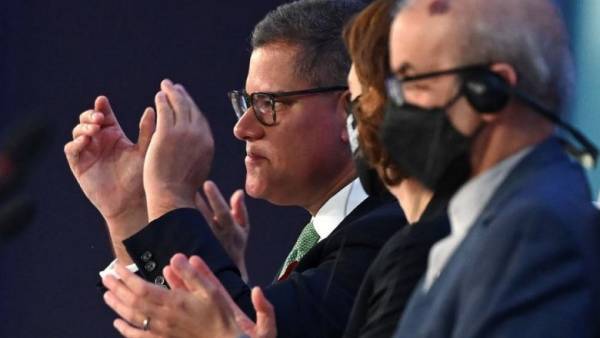
The document will go into & nbsp; history as the Glasgow Climate Pact.
Its key points are:
- Gradually reducing the amount of coal used as the most damaging & nbsp; fossil fuel ecology
- Reviewing the work done on a & nbsp; more regular basis
- Increasing financial assistance to the poor and & nbsp ; developing countries to & nbsp; fight climate change
Although the agreement was signed by delegations of almost 200 countries, almost every clause of it causes disagreement between the parties.
For example, in the & nbsp; original text of the document it was about & nbsp; complete and & nbsp; abrupt cessation of the use of coal, but & nbsp; India insisted on & nbsp; changes to the & nbsp; benefit of 'phase-out' from & nbsp; this type of fuel.
The Rosprirodnadzor announced that China is “vacuuming” Russia 
According to & nbsp; Indian Minister of Environment Bupender Yadawa, developing countries cannot promise to ditch fossil fuels when & nbsp; they have development strategies and & nbsp; & nbsp; poverty alleviation on their agenda.
The amendment does not & nbsp; suit many Western countries, but & nbsp; India's signature on the treaty is extremely important, since this country & nbsp; & mdash; the third in the & nbsp; & nbsp; world in & nbsp; volumes of environmental pollution.
At & nbsp; then & nbsp; while & nbsp; the point about & nbsp; increasing funding for poor countries causes skepticism among the representatives of these countries, since the previous agreement on & nbsp; ; allocating them & nbsp; 100 billion dollars for & nbsp; combating & nbsp; global warming.
Experts note that the summit's total commitments are insufficient to & nbsp; keep global warming within & nbsp; 1.5 degrees Celsius. This goal was spelled out six years ago in the & nbsp; Paris Agreement, the first results of which were summed up at & nbsp; COP26.